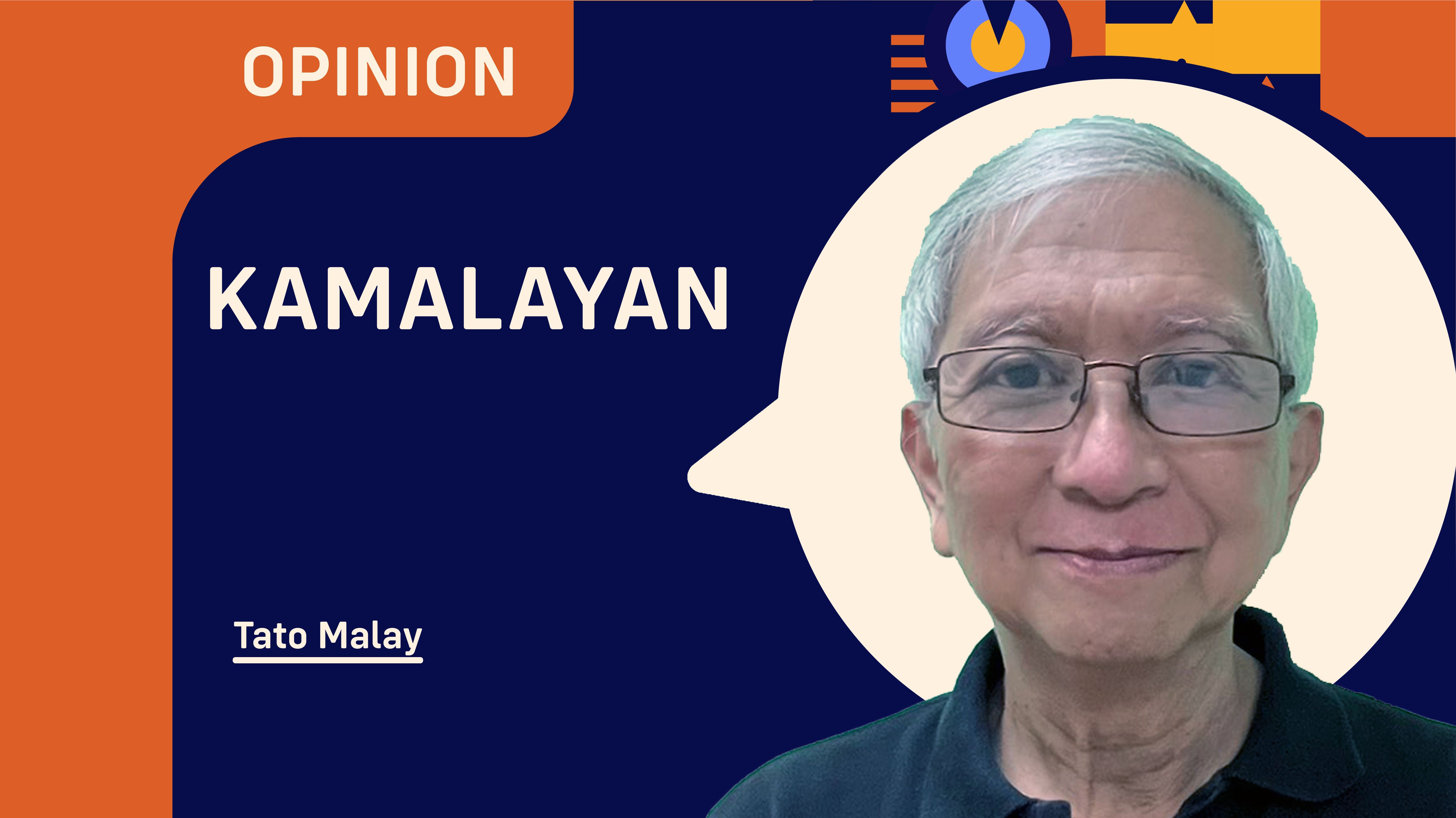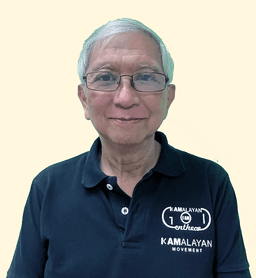Some folks ask me what I really think about the movie “Quezon.” I tell them: it’s a beautiful film that Filipinos should watch. But then they want the hot takes, the criticisms, the hot-button receipts. So here it is, in my own language, no sugar-coating.
First off: every story has its biases. Yours, mine, the guy in the corner who swears he’s neutral, bias is the air we breathe when we tell a story. I’m no exception. I’m a chameleon to every crowd I meet. Some people like the color I wear; others clamor for a different shade. Do I care? Not really. Because the bigger illusion is identity itself. Everything I teach in Kamalayan - that what people think of me is what they think of themselves rings louder than any compliment or tumbleweed of a criticism.
History, to me, is a messy mosaic, not a clean chalkboard. If you ask where the word “history” came from, you’ll hear a dozen etymologies, each narrated by a different voice, each insisting theirs is the truest tale. His story, her story. The result? A kaleidoscope rather than a certificate. If Philippine history books had the cinematic cadence of our film writers, I might have enjoyed them more in school. But many times they felt like translations, not revelations handed to us by outsiders trying to fit our souls into their shelves.
Let’s be real: most history books weren’t written for us to binge-watch, they were written to teach a grade, to satisfy a curriculum. They were curated by authors who often wore the lenses of another era or another agenda. Are they factual? They try to be, with dates and names and factions. Are they boring? Sometimes yes, the monotone of a classroom beats the drum of a cinema.
If the history of a nation is the story of its power, its politics, its scandal, then cinema has a hack: it can compress, sensationalize, humanize, critique. Quezon, in that sense, is a cinema argument dressed as history. It asks: who gets to tell the story of a leader who shaped a country during a turbulent era? Whose memories survive the spotlight, and whose disappear into the archive dust?
Now, about the criticisms especially from Quezon’s close relatives. I listen, I weigh, I nod, and I push back. Because every legacy is a battlefield of memory. When a family member says, “That portrayal hurt our truth,” I hear the ache of lineage. But I also hear the echo of a broader narrative tremor: the public’s hunger for context, for human flaws, for a version of history that doesn’t pretend to be unblemished. The closer we are to power, the louder the chorus of “you’re biased.” Welcome to the irony: the more intimate the memory, the louder the claim of factual purity. If you ask me, neither fully pure souvenirs nor fully edited remixes do justice to a life lived under the glare of history.
Today, social media acts like a live documentary, streaming every actor in every camp: memes, clips, commentary, rebuttals. It’s a carnival of characters - the politicians, the investigators, the bystanders - all wearing different costumes depending on who’s filming. And isn’t that the point? History evolves as the audience evolves. Our feeds don’t wait for footnotes; they demand immediacy, controversy, and a verdict.
So what should you take away? If you want a clean, Sunday-school version of history, skip the cinema and read a textbook. If you want a living debate, watch Quezon and argue with your own mirror about what you see, what you doubt, and what you want the future to remember. In the end, the film is not the only history we’re making. The way we talk about it, the way we live with its commemorations, that’s where the real history gets written. And yes, history is messy, biased, and endlessly debatable - the exact ingredients that keep our society honest, or at least interesting.
#WeTakeAStand #OpinYon #OpinYonColumn #Kamalayan

